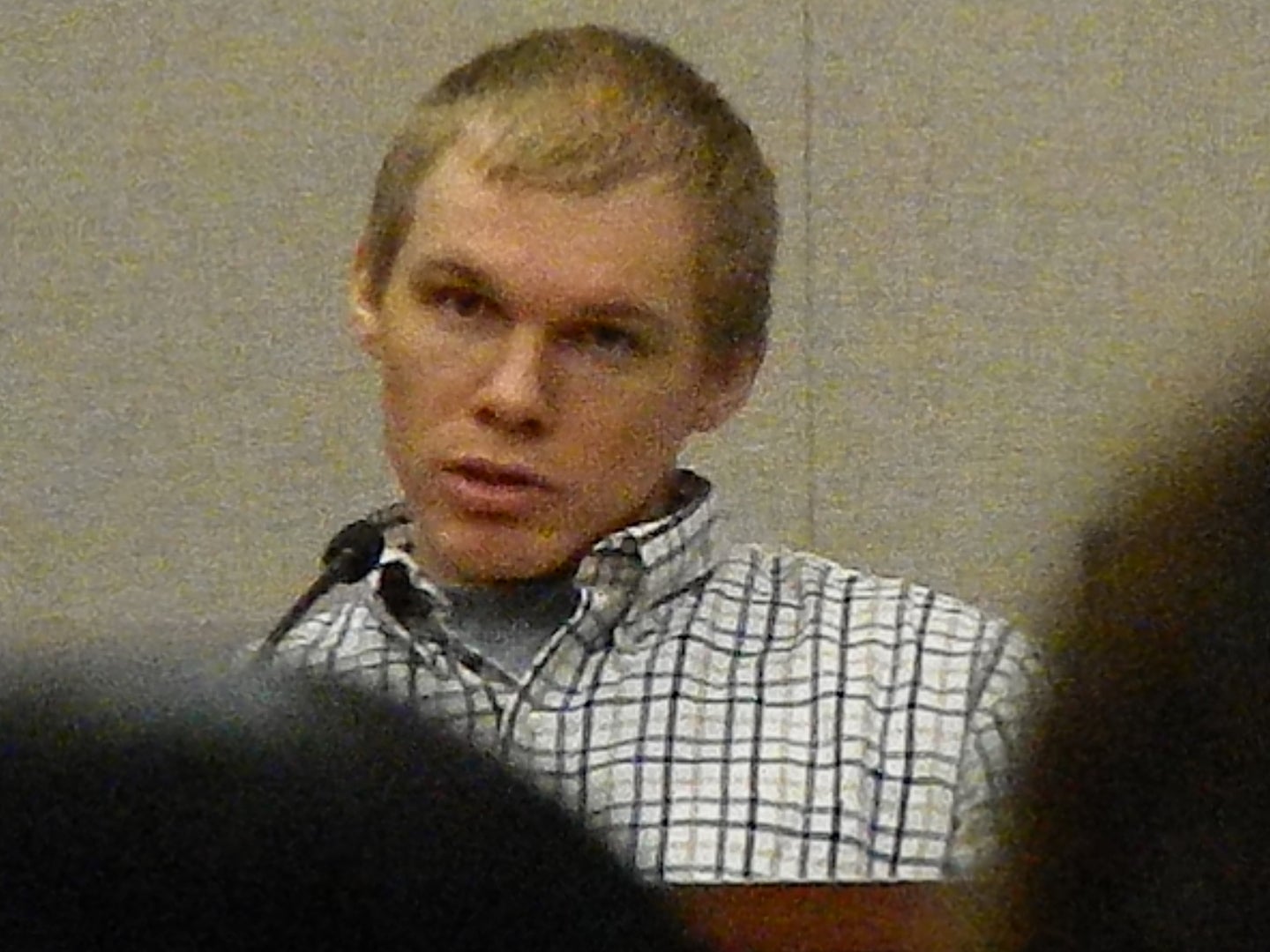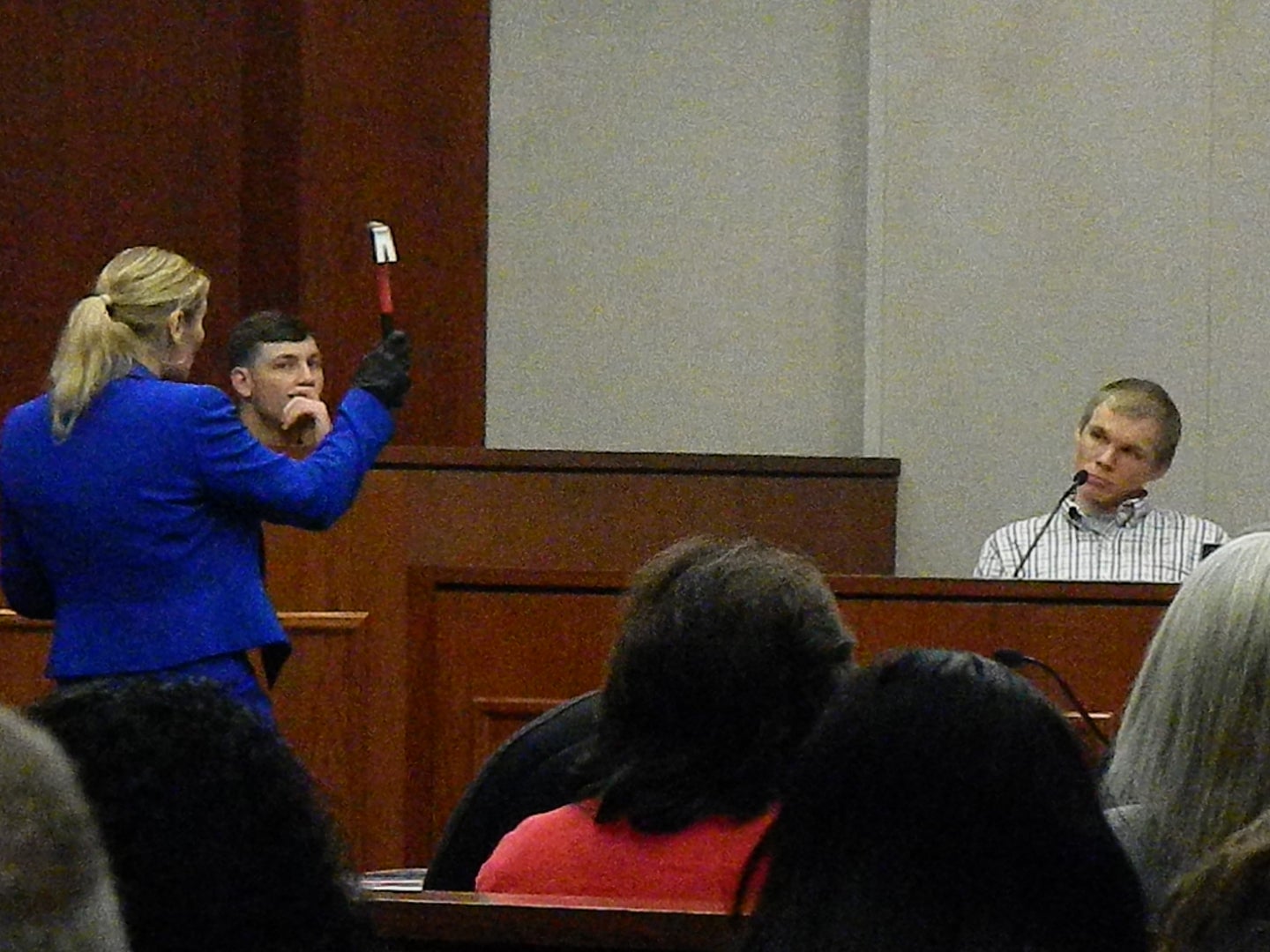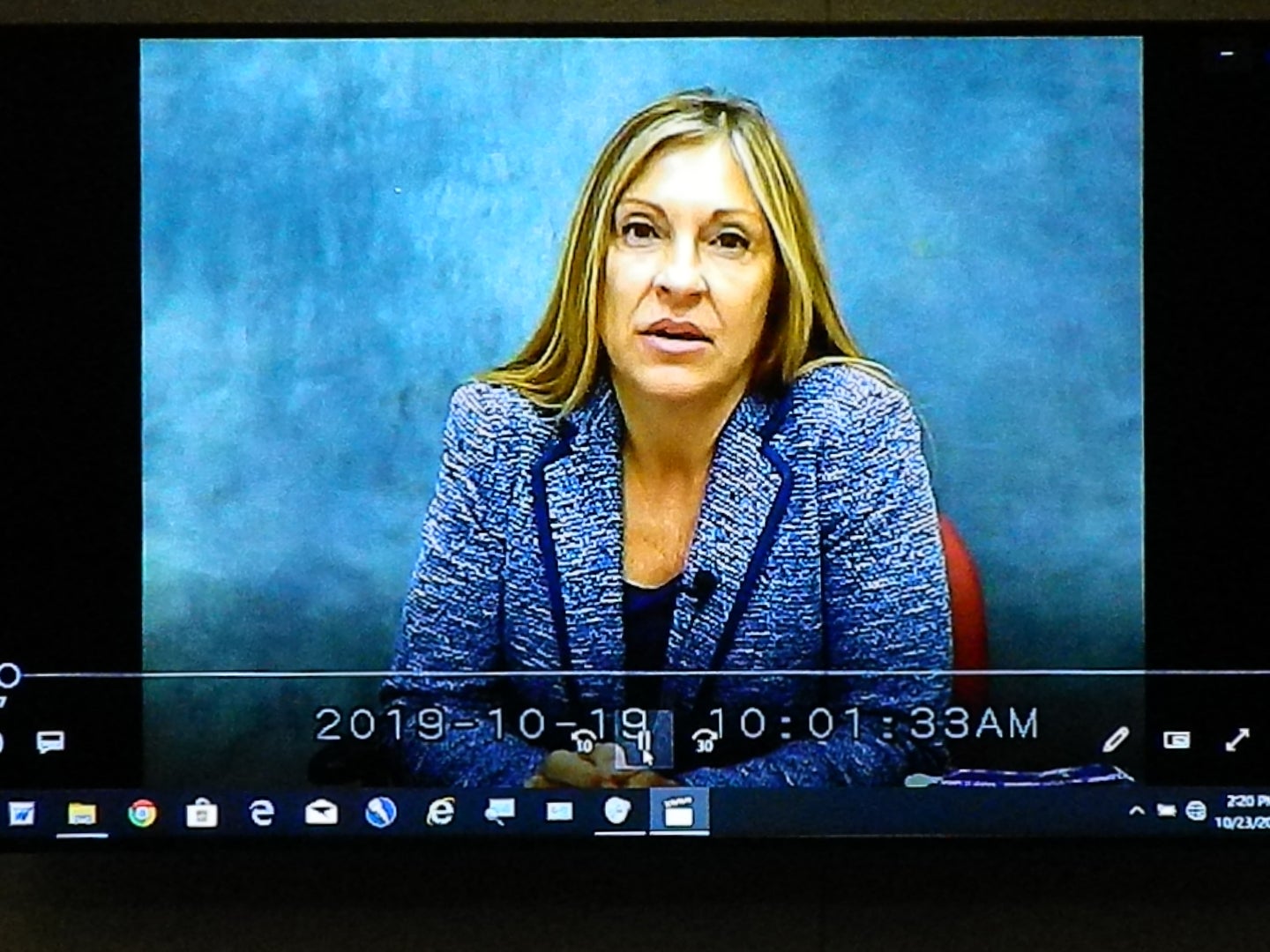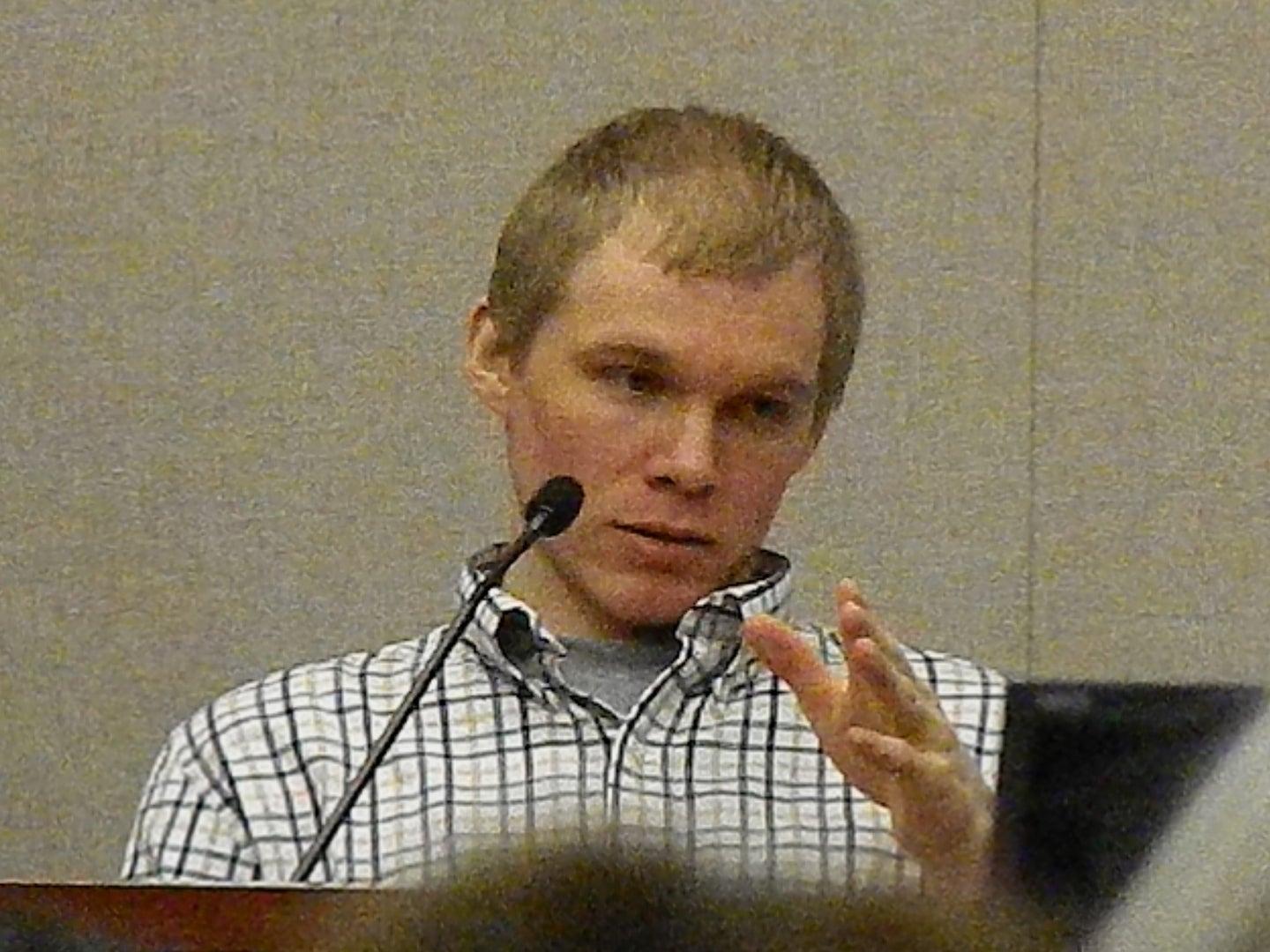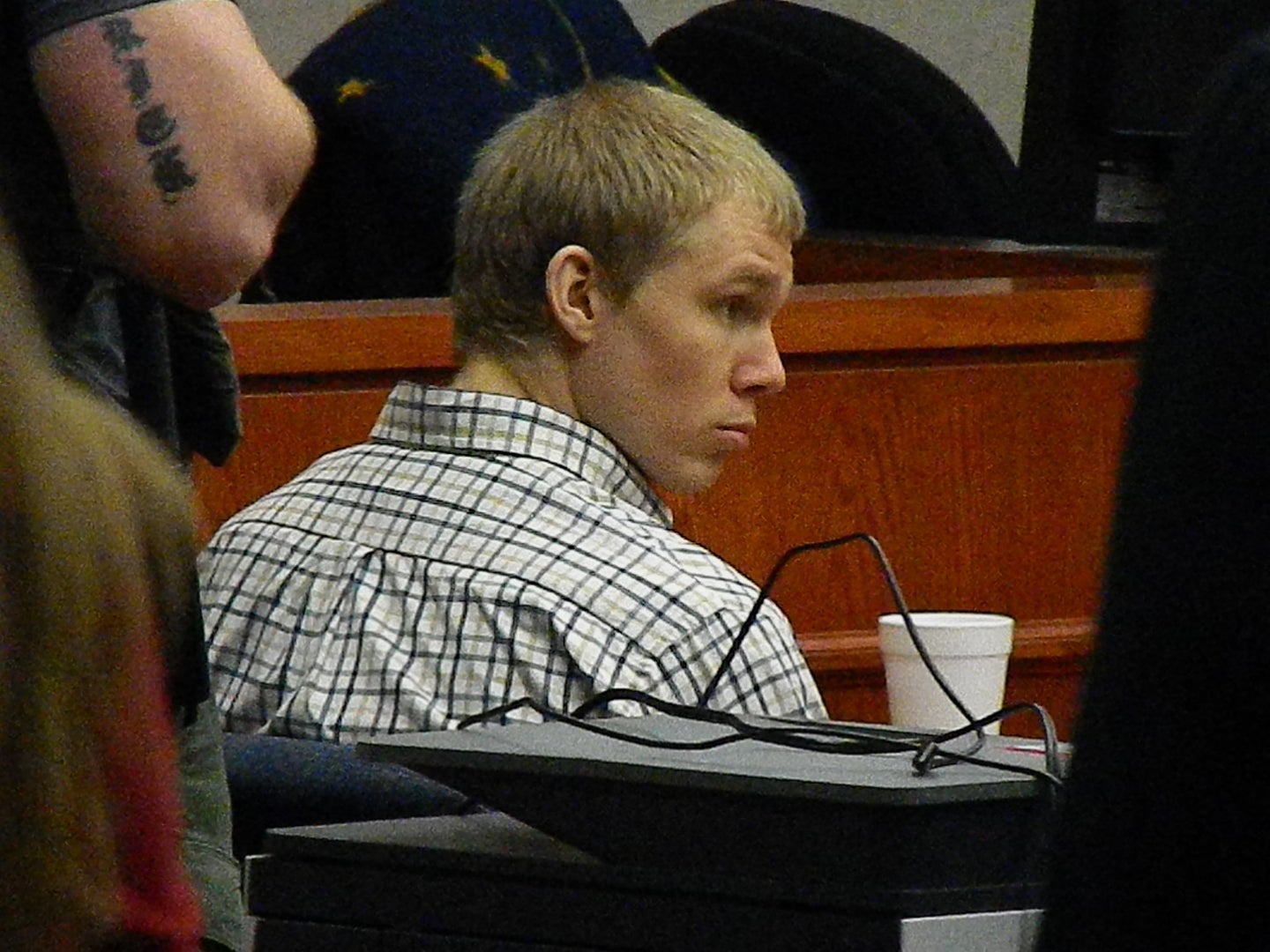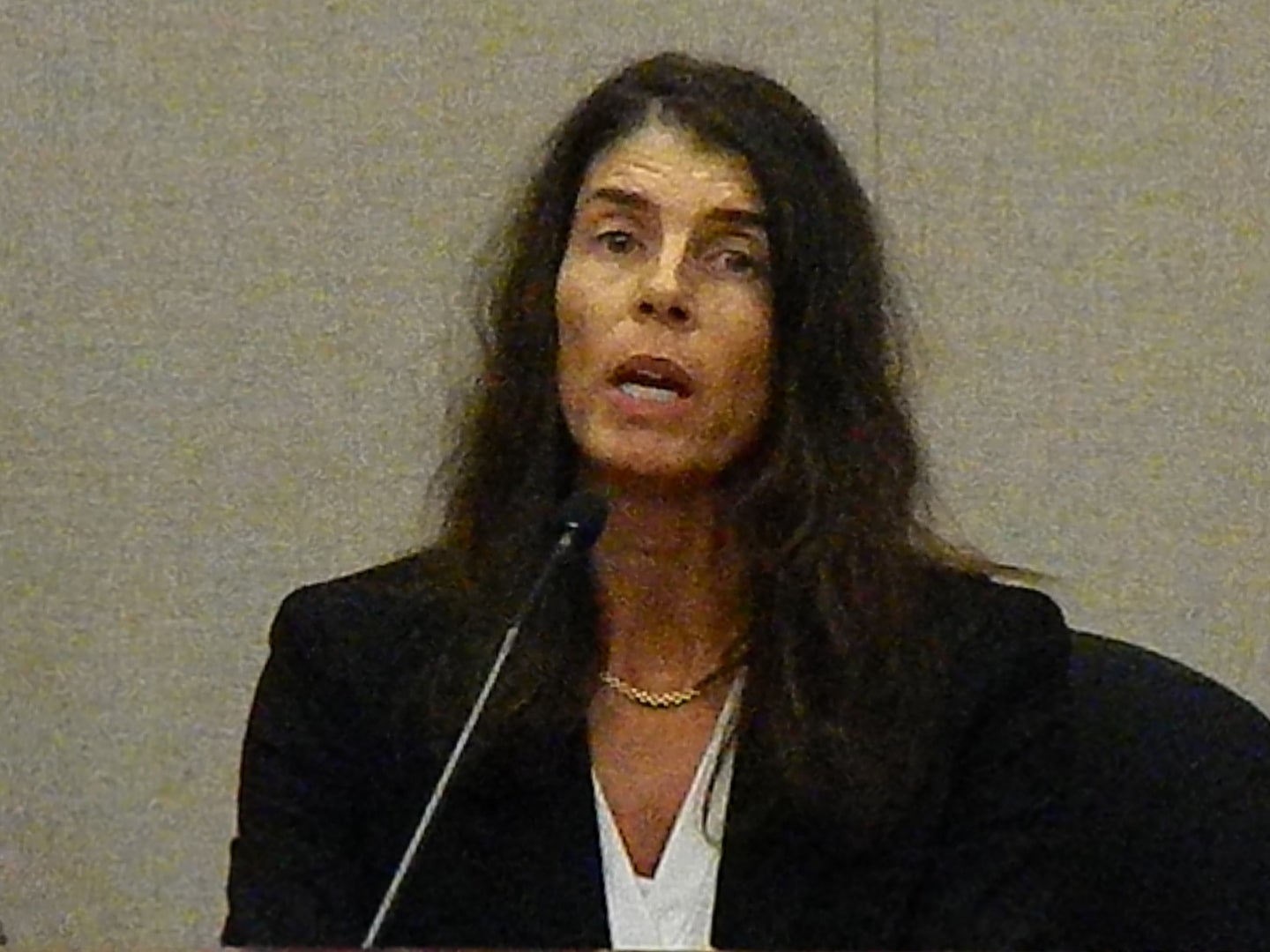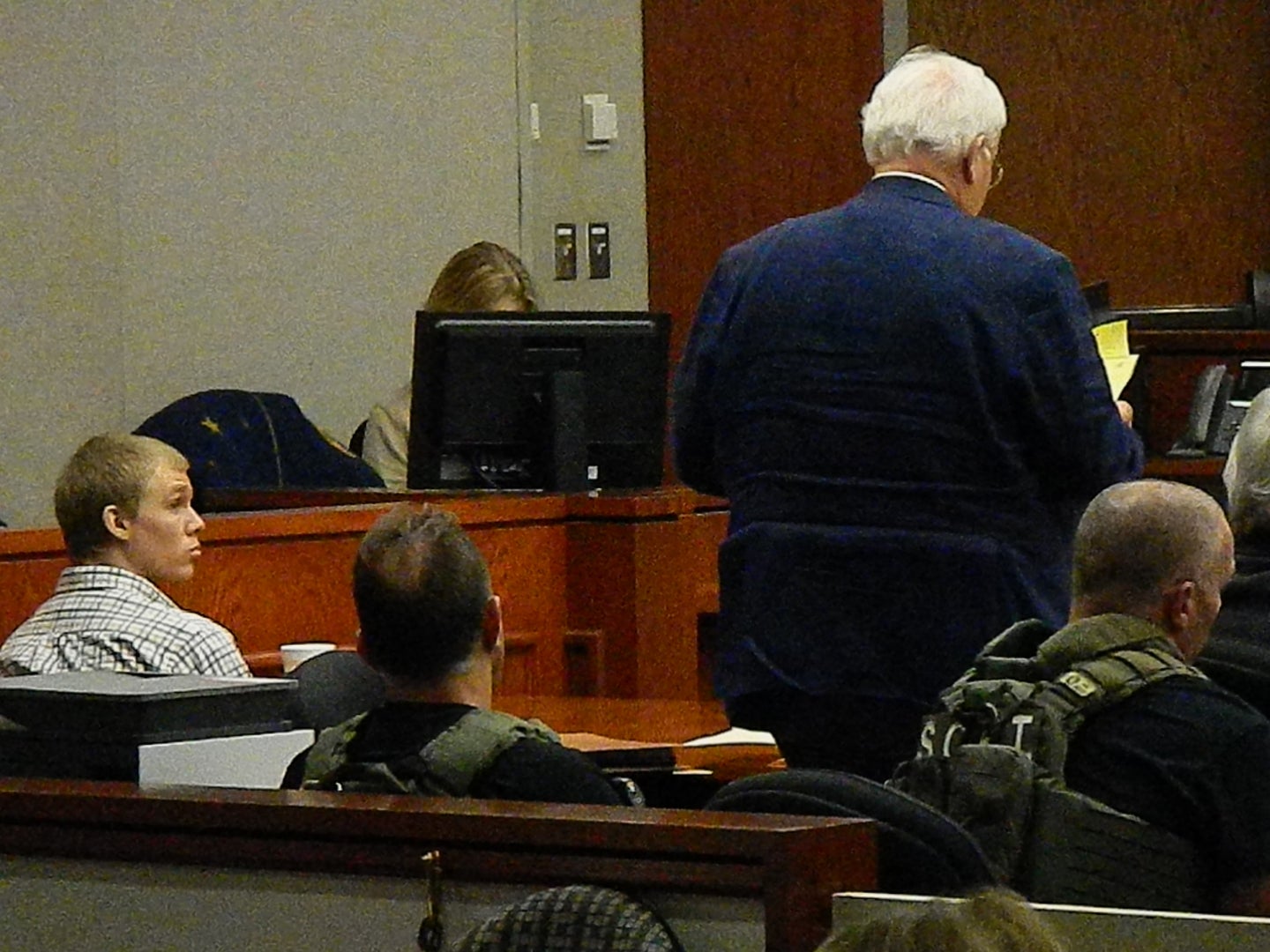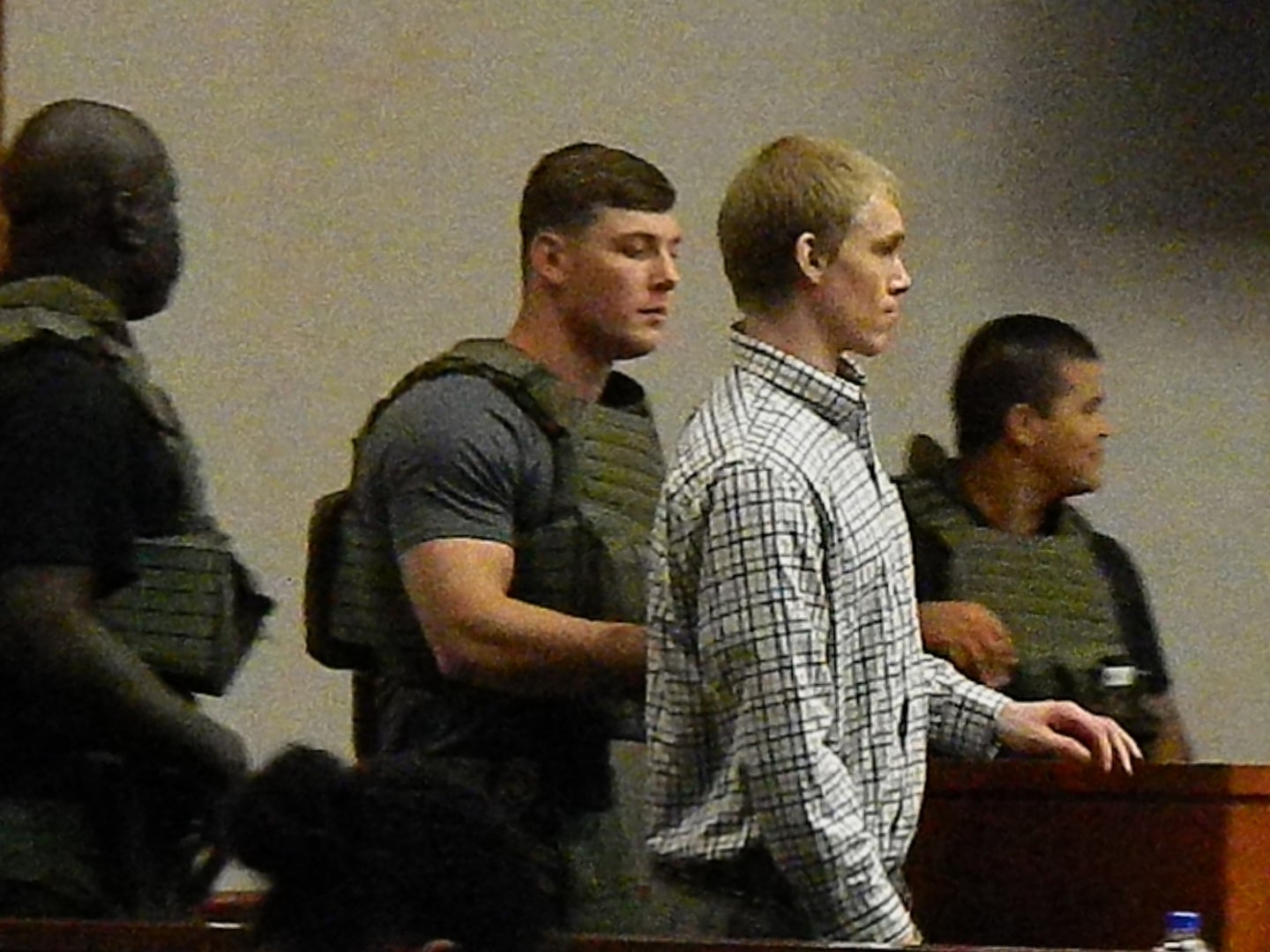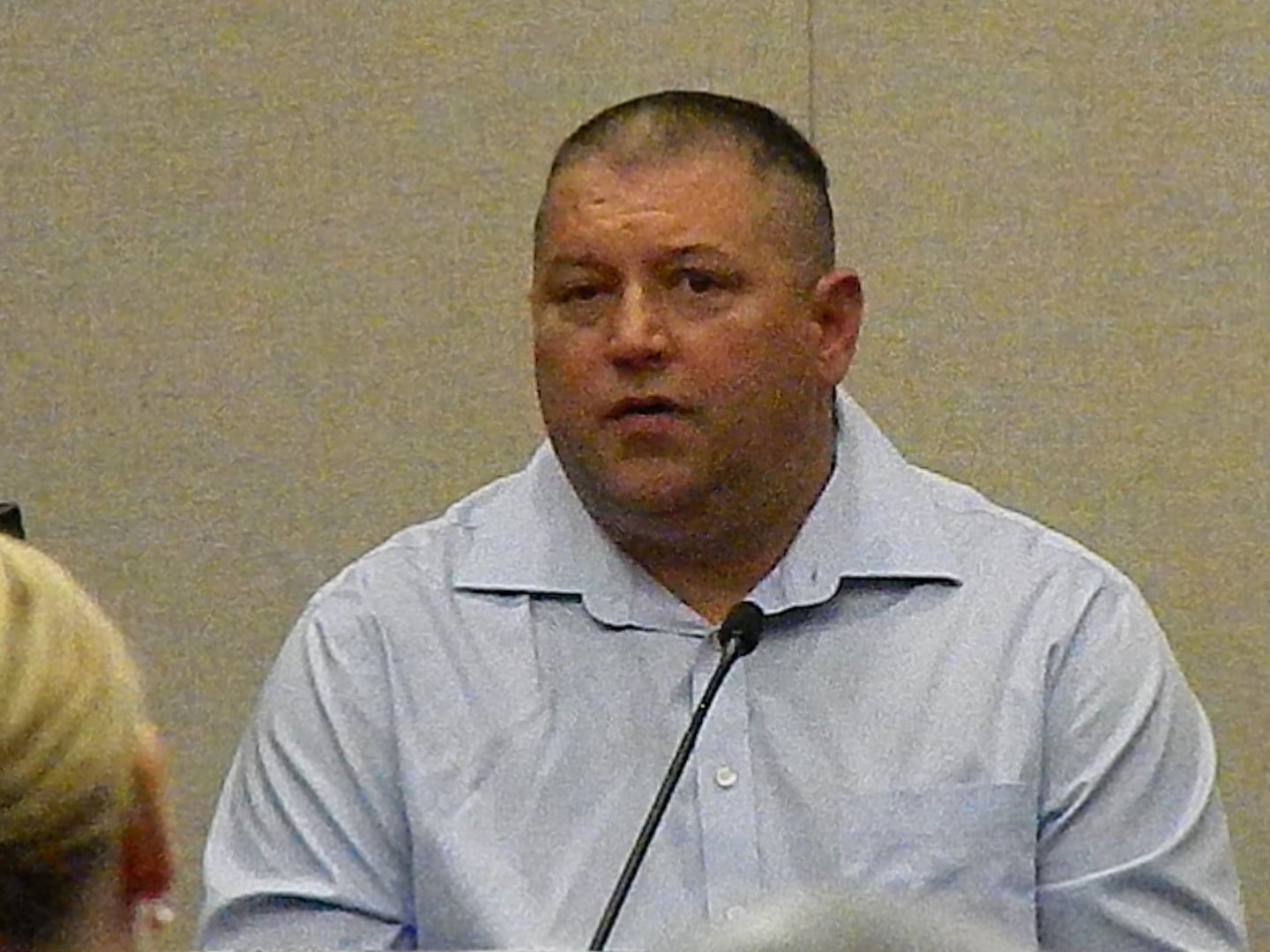Testimony continues on day 12 of Brady murder trial
Published 7:27 am Thursday, October 24, 2019
Mikel Edward Brady II was back on the witness stand at the Dare County Courthouse Wednesday, October 23 for a second day of testimony in his murder trial.
Brady was found guilty earlier in the week of four counts of murder and multiple other felony charges stemming from a 2017 failed escape attempt from the Pasquotank Correctional Institution in Elizabeth City and is facing the death penalty for those convictions.
The trial was moved from Pasquotank County to Dare County due to the potential for jury bias in Elizabeth City.
Defense attorney Thomas Manning questioned Brady most of Tuesday afternoon and the 30-year-old defendant freely talked about his life before and after the his father’s death, an extensive criminal record in Vermont, the 2013 shooting of a North Carolina State Highway Patrol officer that put Brady in a NC prison and the 2017 escape attempt that resulted in the deaths of correctional officers Veronica Darden, Wendy Shannon, Justin Smith and maintenance mechanic Geoffrey Howe.
In many cases, Brady provided graphic details for some of his actions related to those offenses and his escape plans.
On Wednesday, in the trial’s twelfth day, Assistant District Attorney Kimberly Pellini cross examined Brady with questions about many of the same events already talked about on the previous day.
Talking as calmly and freely as in the previous day’s testimony, Brady again displayed little emotion while relating the details of specific events in his life.
While answering Pellini’s questions, Brady talked about an abusive father that taught him to distrust doctors and avoid medications. He also talked about an incident in which he injured his sister, blinding her in one eye.
When asked if it was done on purpose, Brady responded that he would not have called 911 if it was on purpose.
As Brady continued to talk, he admitted to committing all the crimes he has been charged with, although he did not agree with all the details involved.
“I’m here to tell the truth,” Brady explained. “No matter whether it hurts me or helps me. Ask me anything.”
As Pellini continued with her questions, Brady had an answer for each one.
When asked if he thought he was an efficient killer, Brady was quick to say he was not because if so, there would not have been such a mess during the escape. When challenged that he did not care what the law is, Brady agreed.
“You’re going to do what you want to do, aren’t you,” said Pellini.
“Yep, pretty much,” Brady responded. “The DA said if you run with the pack you can be charged. In this case you can pretty much call me the pack leader.”
Brady did say, however, that he is a different person at 30 than he was in his teenage years. He later added that he is no longer an escape risk, explaining that “God has convinced me that I’m supposed to be incarcerated. I don’t want to hurt anybody anymore.”
After Brady’s morning-long testimony, assistant federal public defender John Duberstein was on the stand to say that he had strong suspicions that Brady had mental health issues while representing him on a firearms possession charge. In a video presentation of her testimony, Dr. Donna Schwartz Maddox, a psychiatrist from Columbia, SC who also evaluated Dylann Roof following the Charleston shooting, said she found the Brady family to be in the top one percent of families with mental illness histories.
Maddox said in addition to Brady being diagnosed with post traumatic stress disorder and bipolar disorder, his father and mother were both diagnosed as bipolar. She went on to say, however, that Brady was found to have a normal I.Q.
The day’s testimony ended with Dr. Jennifer Sapia from Southport, who said Brady has a well-documented mental health history including a 2006 Social Security Administration ruling that he was disabled due to a bipolar diagnosis.
There was also testimony that Brady had been prescribed various medications, but was never consistent in staying on them. The reasons varied. At times the father discouraged taking them, lack of money was cited as a cause and at times he elected not to take them. Brady also said he went off his Depakote because high doses make him feel like a zombie.
In the sentencing phase is scheduled to continue Thursday. The jury will determine the appropriate punishment: life imprisonment or death.
READ ABOUT MORE NEWS AND EVENTS HERE.
RELATED:
Testimony and physical evidence presented in day eight of Pasquotank Correctional murder trial
Panel of 12 jurors seated, alternate spots next to be filled in murder trial
Murder trial begins for inmate in fatal Pasquotank Correctional escape attempt


